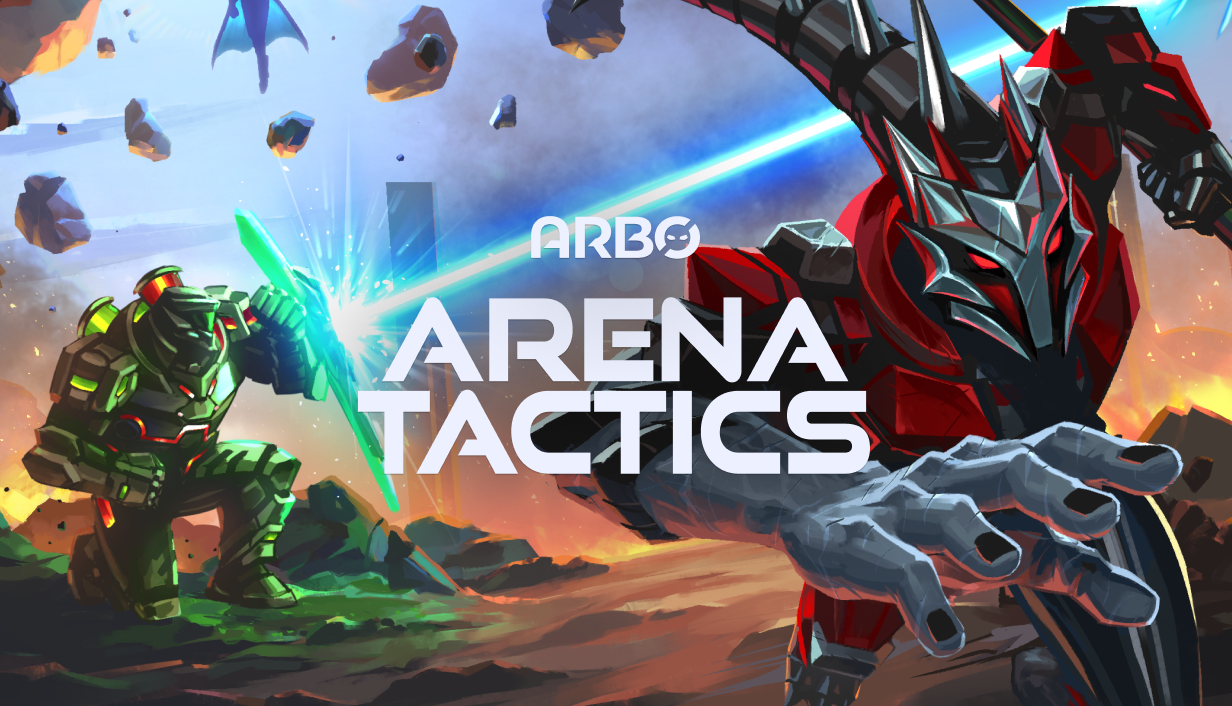ReBlink unveils ARBO: Arena Tactics, an AI-powered strategy battler that thinks alongside you (Covered by Games Beat)
















Full article here
Join the must-attend GamesBeat event — November 12–13 in San Francisco. This is where the leaders of gaming, tech, and entertainment meet to shape what’s next. Secure your spot today
Toronto-based indie studio ReBlink is reimagining what it means to play a strategy game. Its debut title, ARBO: Arena Tactics, blends deep tactical gameplay with large language model (LLM) technology to create what the team calls the first AI-powered auto-battler in which players don’t just click on icons, but actually issue orders to an AI like a commander.
Today, ReBlink launched a free demo on Steam as part of Steam NextFest for ARBO: Arena Tactics, so you can try it out for yourself right now.
ARBO: Arena Tactics merges the cerebral intensity of games like XCOM or Into the Breach with the accessibility and social ease of an auto-battler. Players guide their teams using natural language commands like “move behind the rock and defend our healer,” or “focus fire on the closest Specter,” and the AI interprets and executes those orders in real time. The result is a new kind of strategy game where human creativity meets machine understanding.
“Language is a control mechanic,” ReBlink founder and creative director Arunan ‘Aru’ Sri said in an interview. “Over 800 million people use ChatGPT every week. The world is learning how to prompt. If people are already using language to express intent, why shouldn’t they be able to use that same skill to play strategy games?”
Unlike other AI-assisted titles, ARBO’s systems don’t simply automate behavior; they learn from player intent. Between matches, players can “train” their AI by building decks of Protocol Cards that encode personality traits, tactical preferences, and behavioral quirks. Overtime, these subtle differences mold the AI to feel distinct, making it more aggressive, cautious, or even unpredictable.
“The AI acts like a tactical companion,” Sri said. “It learns from the deckbuilding and context the player sets, then plans and executes intelligently. If the player gives a clear command, it follows. If the command has gaps, the AI fills them based on its own reasoning. This creates a real back and forth, sometimes even moments of dissension, which makes the game feel alive. It’s not just a system you control. It’s a co-player.”
From a business vantage point, ARBO arrives at a moment when AI in games is no longer niche; it’s becoming foundational. The global AI in gaming market was estimated at more than $3 billion in 2024, according to Grand View Research, and the auto battler subgenre of strategy games is estimated at approximately $2 billion.
In this climate, ReBlink’s bet on blending natural language controls, live AI adaptation, and traditional tactical depth is more than experimental, as it’s a strategic play into the convergence of AI tools and player empowerment.
For those who prefer traditional control, ARBO also offers a full manual mode, letting players take direct command of every move, combo, and counter. It’s designed to appeal equally to genre veterans and newcomers, which is a balance like the intersection of chess-level strategy and conversational play.
“Hardcore players can play exactly the way they like,” Sri said. “[And] newer players can step in without being overwhelmed. We think there is a real opportunity to take strategy games that have always been seen as midcore or hardcore and open them up to a much larger audience.”
ReBlink’s approach to AI gameplay isn’t limited to convenience. It’s about creating systems that augment player expression and experimentation. The idea is not to have players using AI as a crutch, but for it to feel more like a canvas for expression.“It’s not just about what the AI can do technically,” he said. “It’s about how it feels to interact with it as a player. That’s the bar we hold ourselves to. And honestly, we’re just at the start of what this can become.”
That philosophy is also guiding ReBlink’s long-term ambitions, and it’s why they chose this genre to start off with initially.
“We also see a big opportunity to breathe new life into strategy games that have mostly lived on desktop,” Sri said. “Using language as the interface gives these games a natural path to mobile and new platforms. This can grow the audience and make strategy [games] more mainstream without losing depth. As AI evolves, I think it will shift from being something in the background to becoming an active collaborator in games. It won’t just respond. It will challenge, adapt, and strategize with players. That’s the future we’re building toward.”
Related articles








